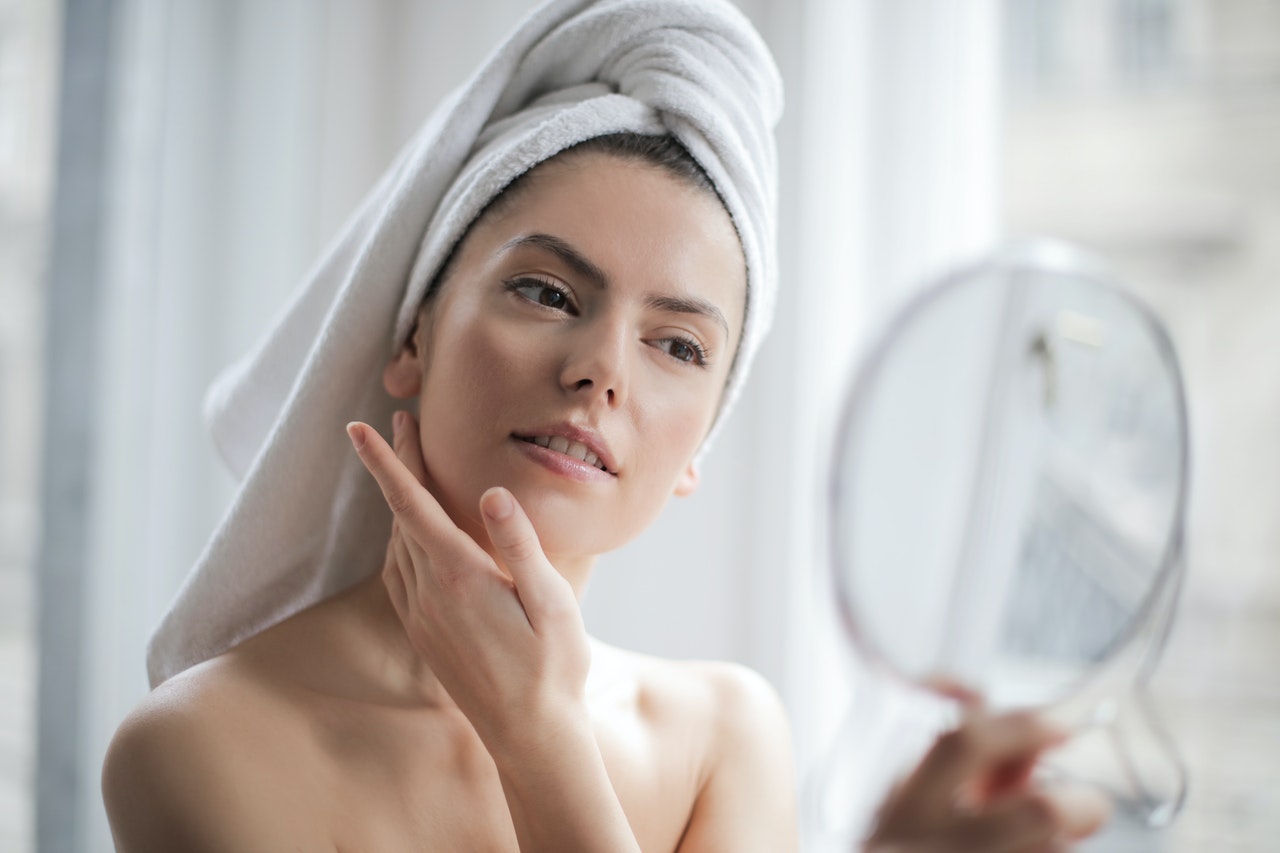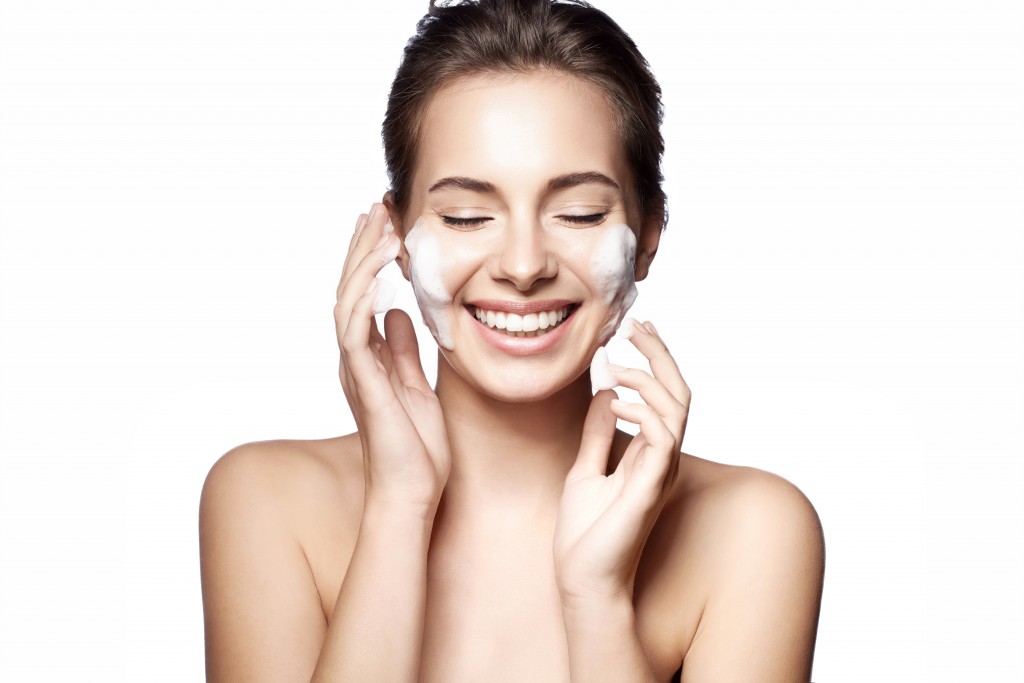With K-pop groups such as Super Junior, BTS, Twice, and Blackpink constantly making the charts around the world, it was about time other aspects aside from their music would catch the public eye as well. From their flashy jackets to their bold hairstyles, it seems that Korean fashion trends have been stirring the pot all over the world. But nothing was and is as big as the Korean glass skin trend. Starting simply as a fascination with dewy skin in Korea in 2013, it escalated into the want for transparent and translucent skin glowing and blemish-free.
The glass skin trend started making its rounds on social media around the world. Countless people on platforms like Instagram and Facebook were showing off their newly dubbed glass skin, as it seemed to resemble the clearness and shine of a glass pane. Korean influencers such as beauty gurus and K-pop idols shared how they achieved such flawless skin, inspiring more people to try their routines, thus making the glass skin trend spread. It is effectively one of the biggest Korean trends to date, with its popularity taking South Korea to the 9th spot in terms of the world’s largest cosmetics markets. In fact, their cosmetic market was estimated to be valued at $9.3 billion in the year 2018.
The Hallyu Wave and the Global Beauty Market
However, this wasn’t the first time a Korean trend had made it that big worldwide. Korean culture has actually been making its rounds for way longer. The Hallyu wave or Korean wave began in the late 1990s and early 2000s when songs like Honey by J.Y Park (now considered a K-pop classic ranked in the #97 on the billboard charts) introduced the unique Korean sound to most parts of the world. This was also when K-dramas started to become a big thing, too, with shows such as Boys Over Flowers and Meteor Garden making its way to evening television segments everywhere.
The world was introduced not only to Korean fashion, with their flowing skirts and long haircuts, but Korean beauty as well. People wanted to emulate their delicate make-up looks and glowing skin, causing a sudden surge in the Korean beauty market from all around the world. Consumers from different countries tried as hard as they could to find the right skincare product to help them look more like the Koreans they idolized.
From that point on, the Hallyu wave hasn’t slowed down. Korean fashion and skincare are still plastered on every magazine. The hype brought on by K-idols such as Lee Min-ho and Lee Sung-Kyung with their seemingly ageless and flawless skin (along with their seemingly crazy 10-step skincare routines) has made Korean beauty products one of the biggest competitors in the beauty market.

How K-Beauty is Influencing Consumers
Those facts alone show how greatly consumers have been (and are still being) influenced by K-beauty. With its popularity still rising and its constant presence on the media, people are bound to want to look and act like the Koreans they see on screens and magazines. Thanks to these new idols, fashions, and music, consumers now have more inspiration for style and beauty. Some studies even show that products sell better if they seem to be linked to a certain K-pop group or idol. Even without idol promotions, people are buying as long as a product is related to South Korea. From the cute packaging to exotic ingredients that K-beauty products have, consumers are going crazy with K-mania.
Most markets touched by this wave are in the US and Canada, with numerous malls and shops now transformed into a haven for Korean brands featuring everything from Korean food, fashion, and most especially beauty. CNN has even been reporting on certain beauty blogs featuring extensive details on Korean beauty, urging big companies like L’oreal to launch products with Korean concepts. Avon announced its first K-beauty collection in 2018, while Sephora partnered with South Korean firm MBX to launch a vegan skincare brand. Even high fashion brands such as Christian Dior and Chanel are producing and launching more Korean-inspired products.
Although Europe does seem a bit unfazed by these trends, the Hallyu wave seems to be aiming for it next. Many beauty brands are already entering the market to make another Korean trend sweep the world by the storm. It is safe to say that the Hallyu wave in the beauty industry is here, and it is here to stay.

